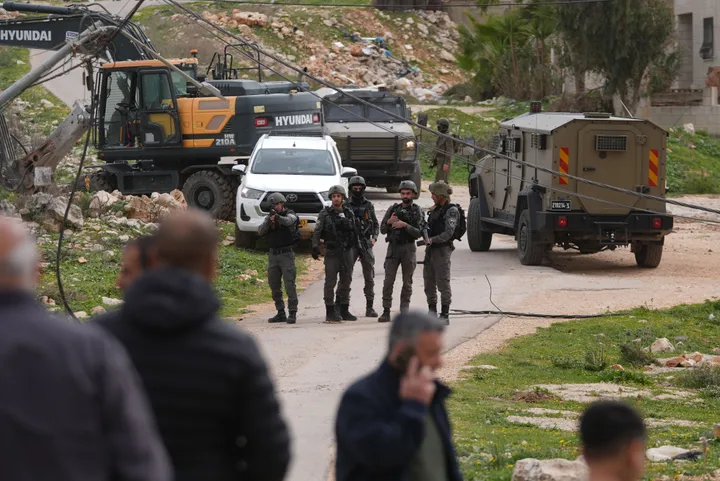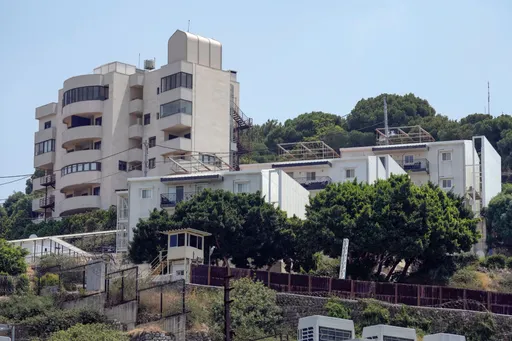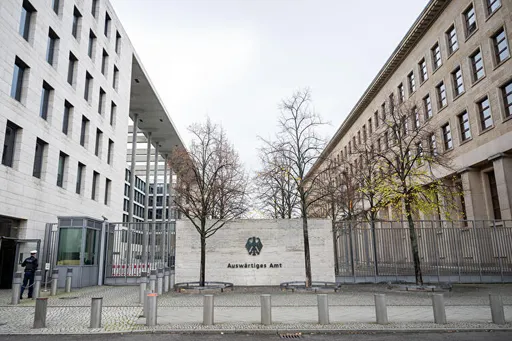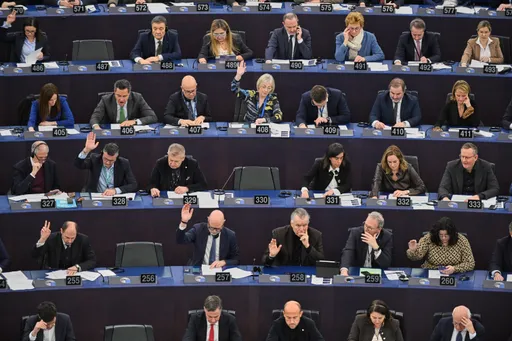The UN's top court will hold hearings on the legal consequences of Israel's occupation of Palestinian territories since 1967, with an unprecedented 52 countries expected to give evidence.
Nations, including the United States, Russia and China, will address judges in a week-long session starting from Monday at the Peace Palace in The Hague, the seat of the International Court of Justice (ICJ).
In December 2022, the UN General Assembly asked the ICJ for a non-binding "advisory opinion" on the "legal consequences arising from the policies and practices of Israel in the Occupied Palestinian Territory, including East Jerusalem."
While any ICJ opinion would be non-binding, it comes amid mounting international legal pressure on Israel over the war in Gaza after the October 7 attacks.
Different from genocide case
The hearings are separate from a high-profile case brought by South Africa alleging that Israel is committing genocidal acts during the current war on Gaza.
Israel is not participating in the hearings and reacted angrily to the 2022 UN request, with Prime Minister Benjamin Netanyahu calling it "despicable" and "disgraceful".
The week after the UN resolution, Israel announced a series of sanctions against the Palestinian Authority to make it "pay the price" for pushing for it.
On Friday, it rejected South Africa's bid to impose additional measures on Israel but reiterated the need to carry out the ruling in full.
'Prolonged occupation'
The General Assembly has asked the ICJ to consider two questions.
Firstly, the court should examine the legal consequences of what the UN called "the ongoing violation by Israel of the right of the Palestinian people to self-determination".
This relates to the "prolonged occupation, settlement and annexation of the Palestinian territory occupied since 1967" and "measures aimed at altering the demographic composition, character and status of the Holy City of Jerusalem".
The ICJ has also been asked to look into the consequences of what it described as Israel's "adoption of related discriminatory legislation and measures."
Secondly, the ICJ should advise on how Israel's actions "affect the legal status of the occupation" and what are the consequences for the UN and other countries.
The court will rule "urgently" on the affair, probably by the end of the year.























